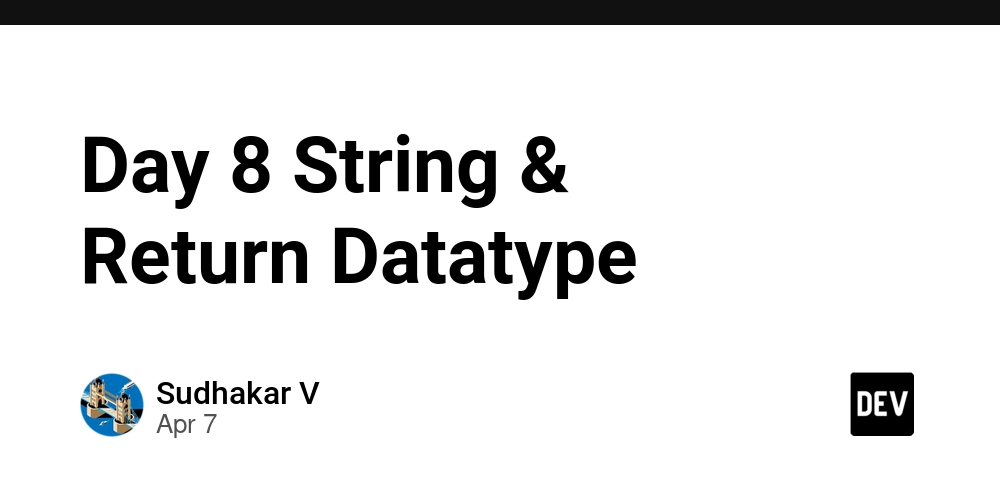PHP - PER Coding Style 2.0
PER Coding Style 2.0 is a set of coding conventions primarily aimed at PHP projects. It is an evolution of the PER Coding Style 1.0, offering stricter rules and modern coding practices. The PHP Extended Rules (PER) provide guidelines that go beyond PSR (PHP Standards Recommendations) to improve code readability, maintainability, and quality. Key Guidelines in PER Coding Style 2.0 1. Strict Typing PER 2.0 enforces strict typing in PHP files. ✅ Correct

PER Coding Style 2.0 is a set of coding conventions primarily aimed at PHP projects. It is an evolution of the PER Coding Style 1.0, offering stricter rules and modern coding practices. The PHP Extended Rules (PER) provide guidelines that go beyond PSR (PHP Standards Recommendations) to improve code readability, maintainability, and quality.
Key Guidelines in PER Coding Style 2.0
1. Strict Typing
PER 2.0 enforces strict typing in PHP files.
✅ Correct
declare(strict_types=1);
function add(int $a, int $b): int {
return $a + $b;
}
❌ Incorrect
function add($a, $b) {
return $a + $b; // No type declarations
}
2. Return Type Declarations
Functions and methods must have explicit return types.
✅ Correct
function getUserName(int $id): string {
return 'User_' . $id;
}
❌ Incorrect
function getUserName($id) {
return 'User_' . $id; // No return type specified
}
3. Class Property Visibility
All properties in a class must have a visibility modifier (private, protected, public).
✅ Correct
class User {
private string $name;
public function __construct(string $name) {
$this->name = $name;
}
}
❌ Incorrect
class User {
var $name; // 'var' is discouraged
}
4. Single Responsibility Principle
Each class should have only one responsibility.
✅ Correct
class User {
private string $name;
public function __construct(string $name) {
$this->name = $name;
}
public function getName(): string {
return $this->name;
}
}
❌ Incorrect
class User {
private string $name;
public function __construct(string $name) {
$this->name = $name;
}
public function getName(): string {
return $this->name;
}
public function saveToDatabase() {
// Mixing responsibilities
}
}
5. Consistent Naming Conventions
- Class names: PascalCase
- Method names: camelCase
- Variable names: camelCase
- Constants: UPPER_CASE_SNAKE
✅ Correct
class OrderProcessor {
private int $orderId;
public function processOrder(): void {
// Process order
}
}
❌ Incorrect
class order_processor { // Not PascalCase
private int $OrderId; // Incorrect case
public function ProcessOrder() { // Incorrect case
// Process order
}
}
6. No Use of Global Variables
PER 2.0 discourages the use of global variables.
✅ Correct
class Config {
public static function getDbHost(): string {
return 'localhost';
}
}
❌ Incorrect
global $dbHost;
$dbHost = 'localhost';
7. No Use of null Defaults for Scalars
Functions should not use null as a default value for scalar types.
✅ Correct
function greet(string $name = 'Guest'): void {
echo "Hello, $name!";
}
❌ Incorrect
function greet(?string $name = null): void { // Discouraged
echo "Hello, " . ($name ?? 'Guest') . "!";
}
8. No Use of else When Avoidable
PER 2.0 recommends early return instead of else.
✅ Correct
function getDiscount(int $age): int {
if ($age < 18) {
return 10;
}
return 0;
}
❌ Incorrect
function getDiscount(int $age): int {
if ($age < 18) {
return 10;
} else { // Unnecessary 'else'
return 0;
}
}
9. Avoiding isset and empty
Use null coalescing (??) or array_key_exists() instead.
✅ Correct
$value = $data['key'] ?? 'default';
❌ Incorrect
$value = isset($data['key']) ? $data['key'] : 'default';
10. Using Enums Instead of Constants
Prefer Enums over class constants.
✅ Correct
enum OrderStatus: string {
case Pending = 'pending';
case Shipped = 'shipped';
}
❌ Incorrect
class OrderStatus {
const PENDING = 'pending';
const SHIPPED = 'shipped';
}
Conclusion
PER Coding Style 2.0 refines best practices for PHP, ensuring code is strictly typed, readable, maintainable, and modern. By following these rules, developers can produce high-quality, robust PHP applications.


















_Igor_Mojzes_Alamy.jpg?#)

























































